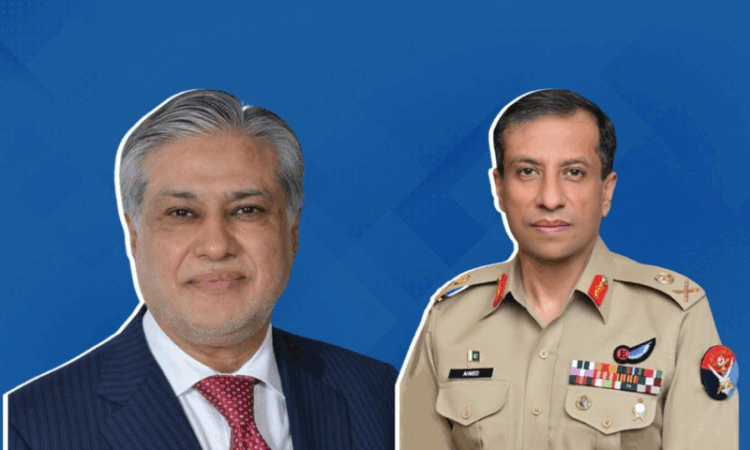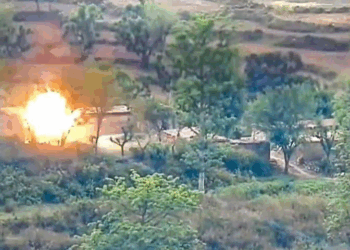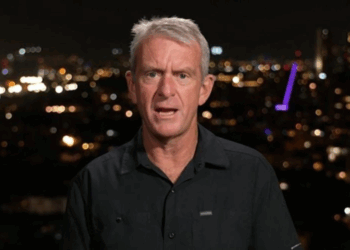Islamabad, April 30, 2025: Pakistan’s military spokesperson, Lieutenant General Ahmed Sharif Chaudhry, has accused India’s ruling Bharatiya Janata Party (BJP) of orchestrating false-flag operations to manipulate public opinion and secure electoral gains.
Addressing a press briefing alongside Deputy Prime Minister and Foreign Minister Ishaq Dar, the Director General of Inter-Services Public Relations (DG ISPR) alleged that the recent Pahalgam attack fits a pattern of incidents exploited by India to swiftly blame Pakistan without credible evidence, particularly ahead of national elections.
General Chaudhry questioned the unusually rapid official response following the April 22 attack in Pahalgam, located nearly 230 kilometers from the Line of Control (LoC). He noted that within just 10 minutes of the incident—reportedly occurring between 1:50 pm and 2:20 pm—an FIR was registered and Pakistan was publicly accused.
“It is impossible to reach the scene, conduct a preliminary investigation, and file a report in such a short time,” he stated. “This points to a pre-scripted narrative intended to serve political purposes.”
The DG ISPR also criticized Indian media for amplifying unverified claims and spreading anti-Pakistan narratives. He highlighted the role of certain Indian social media accounts—some previously linked to disinformation campaigns following incidents like the Jaafar Express bombing—which were once again mobilized to escalate tensions.
Rejecting India’s claims that the attack was religiously motivated, General Chaudhry cited witness accounts and victim testimonies indicating no discrimination based on faith. In particular, he referenced the statement of a Muslim victim’s brother, who confirmed that attackers showed no religious bias.
He went further to allege that Indian intelligence agencies were complicit in fomenting unrest through coordinated efforts with terrorist groups. As evidence, he pointed to online posts from Indian accounts foreshadowing the November 4 Mianwali attack, suggesting foreknowledge of the incident.
Raising humanitarian concerns, the military spokesperson condemned the treatment of Pakistani nationals imprisoned in India. He warned of the potential for these individuals to be killed in staged encounters—a tactic previously employed by Indian forces, he said. General Chaudhry cited the 2013 killing of Zia Mustafa in a purported fake encounter as one such example.
“Innocent Pakistanis and Kashmiris have often fallen victim to this strategy of state-led violence. These individuals are later portrayed as terrorists to justify excessive force,” he stated.
The DG ISPR further accused India of using terrorism as a tool for political maneuvering, claiming that attacks such as Pulwama and Pahalgam were timed to benefit the BJP’s electoral agenda. “India blames Pakistan, claims victory over terrorism, and then wins elections,” he remarked.
He also voiced concern over India’s alleged attempts to politicize international treaties, particularly the Indus Waters Treaty. “Weaponizing water against 240 million Pakistanis is not only dangerous but a violation of international commitments,” he said.
Calling for introspection on India’s role in regional destabilization, General Chaudhry urged the international community to recognize what he described as a systematic campaign of misinformation and militarized propaganda by New Delhi.
He assured the Pakistani public that the country’s armed forces and intelligence agencies remain fully alert and capable of defending national sovereignty. Since January 2024, he revealed, Pakistan’s security forces have carried out over 190 operations daily and eliminated more than 1,600 terrorists.
“The Pakistan Army is committed to safeguarding the country and countering both internal and external threats, regardless of the narratives being pushed by hostile forces,” he concluded.







